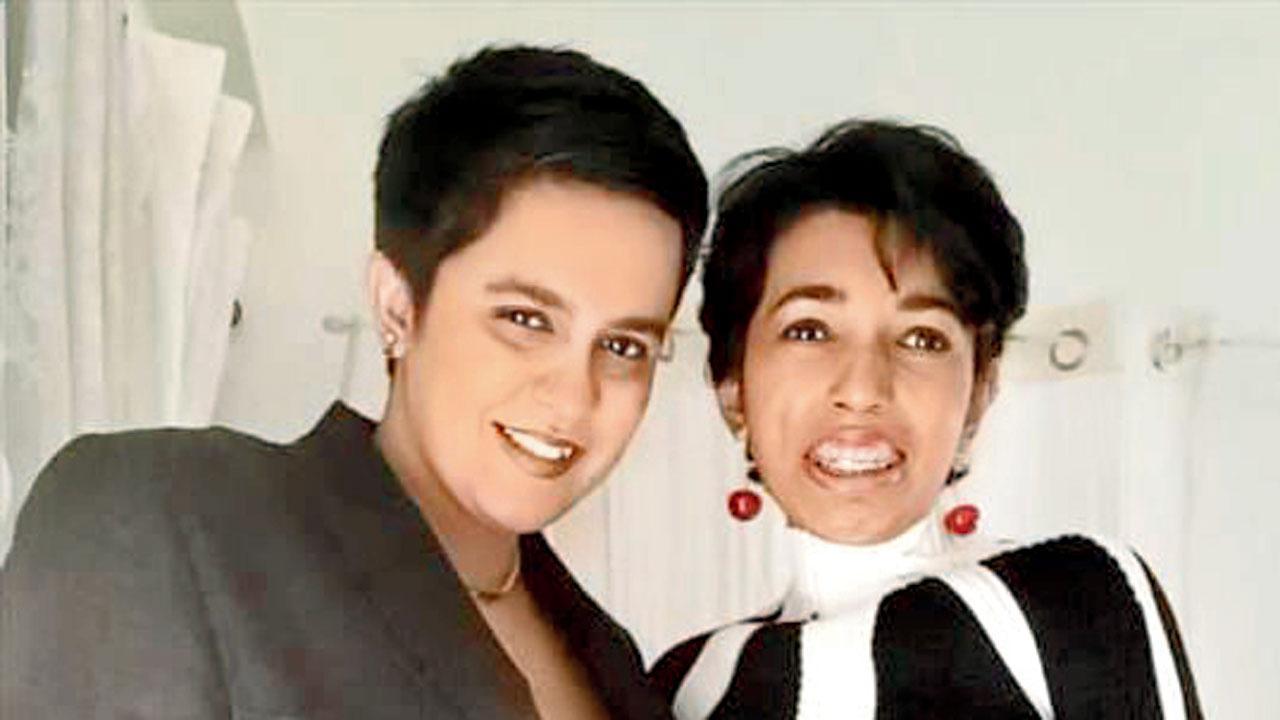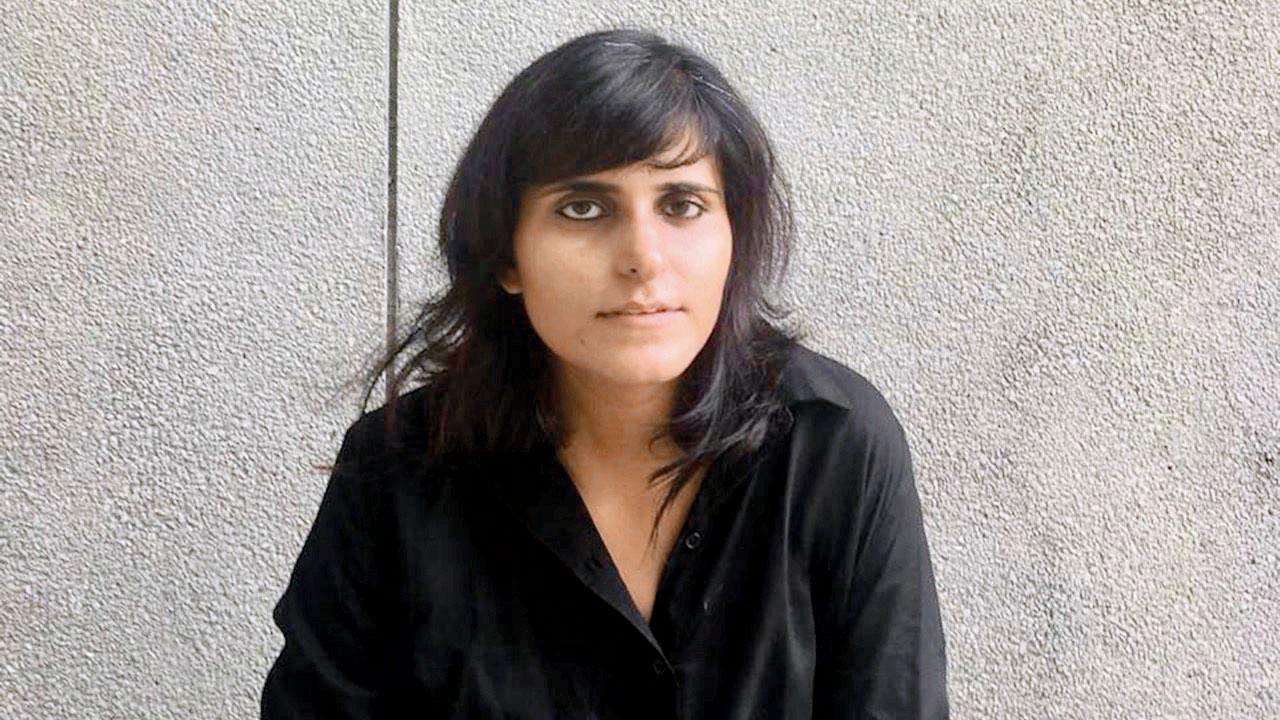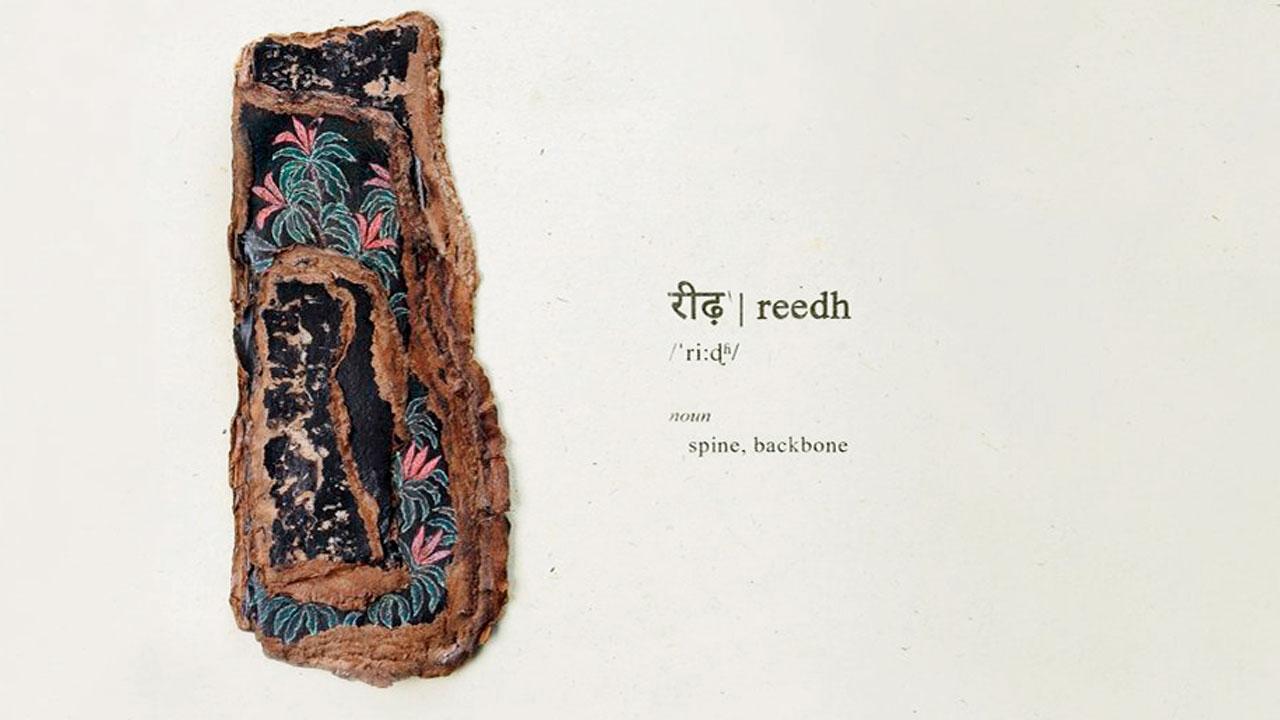An artistic WhatsApp project decodes words that are phonetically similar to (spine) to explore their meanings and sounds, and share the knowledge

Shreyasi Pathak and Priyanka D’Souza
Like bird call signals that cannot be defined entirely, words are often rigidly used to embody a singularity. But a question that often helps expand our understanding is, ‘What informs our perspective?’ Wouldn’t multiple lenses aided by the evolution of language be a more accurate reflection of any reality? Allowing viewers to open up words to explore their meanings, sounds, and articulation is the virtual iteration of Disabled Dictionary: South Asia Edition ‘’ by Resting Museum — a crip and neurodivergent artist duo of Priyanka D’Souza and Shreyasi Pathak. Previously a part of a physical exhibition in Delhi, the project’s WhatsApp edition was facilitated by a collaboration with Out Of Line (OOL), a Delhi-based collaborative practice.

Suvani Suri
At the on-ground show, the 33 words took on the materiality of paper, paint, seashell and newspaper wood, whereas the virtual edition over WhatsApp focuses on sound and the aural texture of the words in messages, including written definition and pronunciation through voice notes. “This has also been created especially for the Indian disabled community that relies on the accessibility of virtual spaces to come together,” the duo shared.

The works take on the materiality of newspaper wood, waste paper, gouache, wall putty and seashells, and are accompanied by 33‘’ based words in various languages
Using WhatsApp opens the work to a global audience. Suvani Suri, a member of OOL, shares, “It activates mobile infrastructure as art sites and invites unanticipated audiences who might not be in immediate art circles.” The project delivers daily words directly to a private chat, offering readers the space to attend to words at their own pace. The format also intends for readers to share the knowledge of words by forwarding the messages. The idea is to ensure that this information-based work is not didactic but offers knowledge that is collectively built upon, Suri shares.
Here, words in English, Hindi, Urdu, Persian, Sanskrit, and Arabic that sound similar to the word ‘reedh’, Hindi for ‘spine’, are arranged phonetically, according to the Hindi barakhadi system of the letter ‘’. The words are split into spinal sections — cervical, thoracic, lumbar, sacrum, and coccyx — and titled after the 33 human vertebrae. “The coccyx or tailbone consists of four words in a [single] frame as the last four vertebrae of the human spine are fused together. It is the disabled body as its own knowledge system and vocabulary,” the artists note.

Views from the 2022 exhibition in Delhi
The project is also speech therapist-approved. “Priyanka has a speech disability; one of the ways speech therapy works is by making you pronounce similarly sounding words,” they share. The first two words since the project began on December 31, 2022, are rad, meaning to split or gnaw, and raddh, to hurt, subdue or become subject to. “We’ve faced ableism and toxicity in the art world. Perhaps, we have not made our stance clear or offered a vocabulary to address us. This dictionary comes from Priyanka’s poetic practice and does something to make you stop to consider. It is enough of our foot in the door,” Pathak signs off.
Log on to: bit.ly/oolrest (registrations till January 8)
Till: February 3
 Subscribe today by clicking the link and stay updated with the latest news!" Click here!
Subscribe today by clicking the link and stay updated with the latest news!" Click here!










